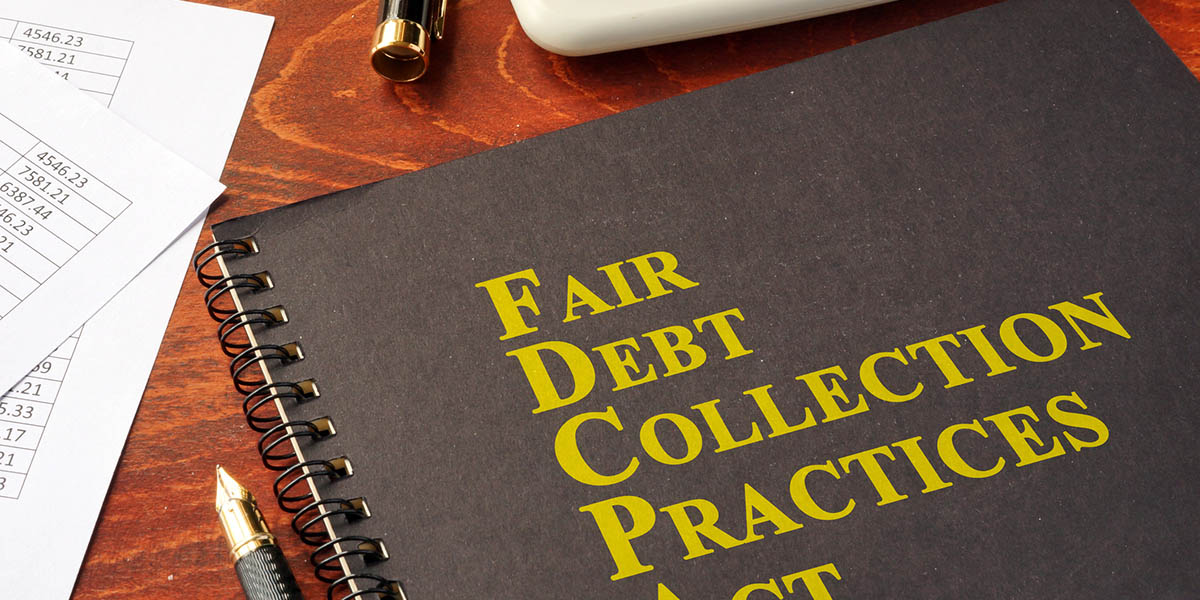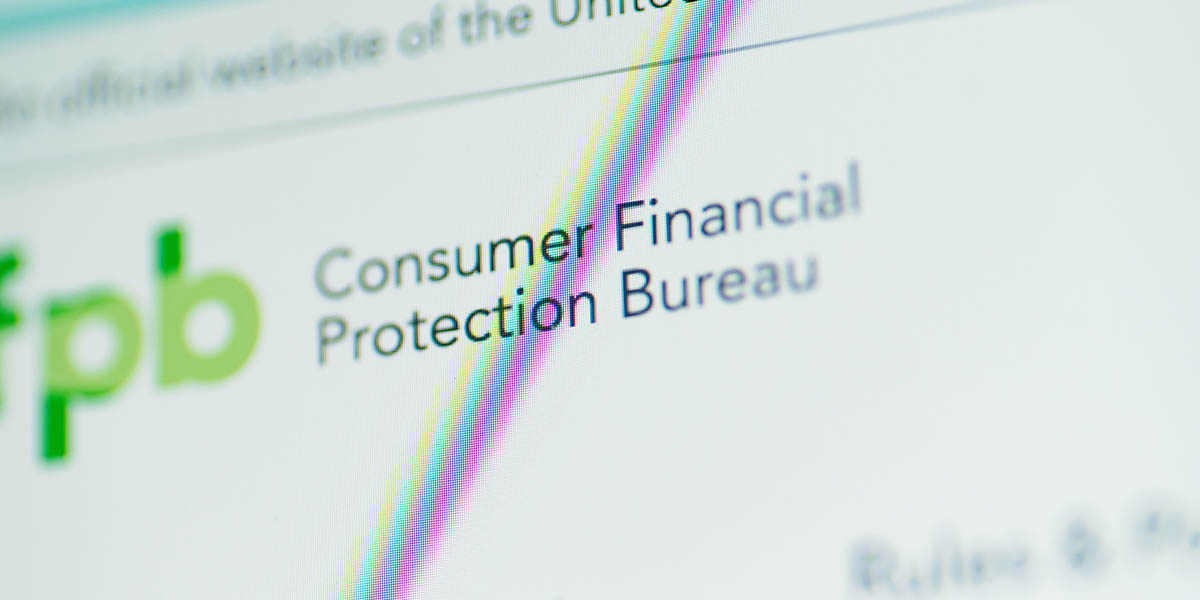On December 19, New York Governor Kathy Hochul signed Senate Bill S1353A creating a new General Business Law article on “actions involving coerced debts.” The law is aimed squarely at survivors of domestic violence, trafficking, and other forms of economic abuse who find themselves saddled with credit card balances, loans, or other consumer debts they never truly agreed to incur. Once effective (90 days after signing), it will prohibit creditors from enforcing certain coerced consumer debts against victims, create a structured process for disputing those debts, and establish robust private rights of action and defenses against collection. New York becomes the eighth state to enact protections of this kind.









